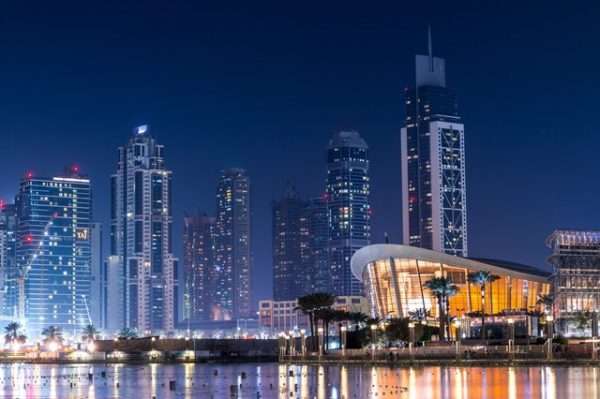The United Arab Emirates (U.A.E.) has recently swept new rules that allow complete foreign ownership in companies. The new rule ought to attract investors in the Gulf land tremendously. Abu Dhabi is the capital of the United Arab Emirates. But, Dubai is the nation’s Business hub that has been attracting jillions of people around the world to pursue their career-oriented dreams and to execute their virgin ideas and projects.
Despite this fact, previous regulations somewhere barred the zeal of these businessmen and workers, as the policies restricted their ownership over the businesses outside the free zones. Like most of the other Persian Gulf States, U.A.E.’s population of 9 million majorly consists of expatriate workers. These migrants from other countries, trying to establish their businesses outside the free zones, were required to seek partnerships with the U.A.E. citizens, who eventually owned 51% of the total ventures.
Another crucial reason that miffed the investors from carrying on their prospects here, was the absence of a long-term stay tenure. The investors were permitted short-term visas and were expected to leave the country with their families, towards the end of their employment. The new fascinating policy, however, does not just allow cent percent ownership of the companies but also offers ten years of residency to specialists in the fields of medication, science, research, and technology. To add a cherry to the cake, the policy also offers five-year visas to the students and a prodigy of ten-year visas to extraordinary students. Reportedly, these phenomenal changes have been approved by the nation’s cabinet and shall be brought into effect by the year’s end.
The new policy tends to have its marks on the entire investment facet of the emirate, unlike the earlier scenario, where the expatriate workers who were unable to set up their roots in the country, were bound to send their earnings aboard. In fact, as per WAM, in the year 2017 alone, an estimate of 164 billion Dirhams, that is $45Bn, was remitted to the foreign countries.
Consequently, this policy is sure to expect a prominently positive impact on the FDIs. And more importantly, on the housing market, which has been bearing some pressure of late. Accordingly, potential investors are expected to get attracted to the Emirates, resulting in obvious immigrations and need for residences. It shall then follow better economic growth, due to increased foreign investments. In such a scenario, financialization of the housing market is certain to play a vital role, due to the expected-to-increase lending policies of the bank. As a result, the housing prices are incontestable to skyrocket.
The iron is hence in the fire, rousing promising investors to invest their capital in U.A.E.’s housing sector before the prices shoot up with the execution of the new policy. It is a phenomenal opportunity to hence look out for the stunning UAE properties and thank us later!





